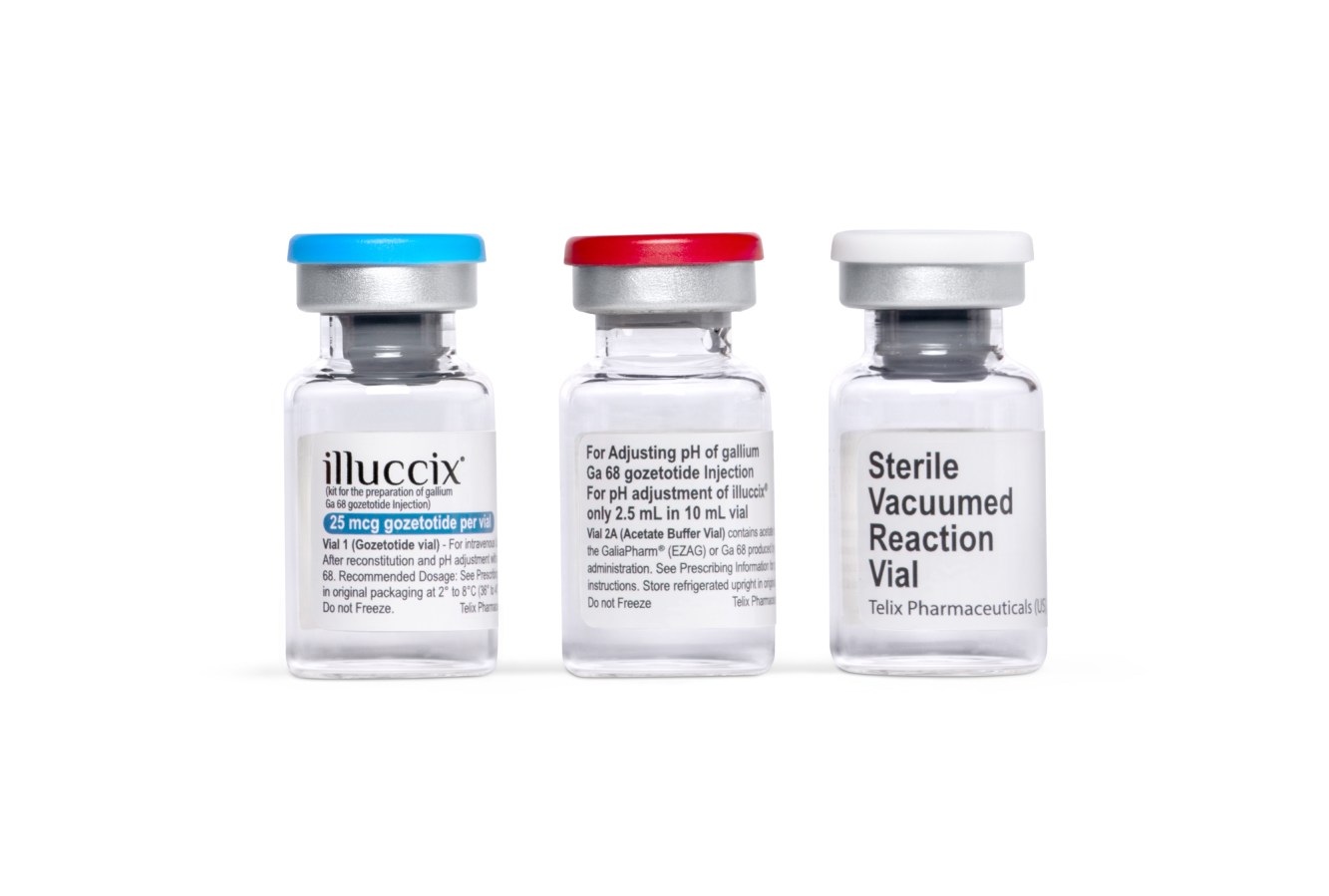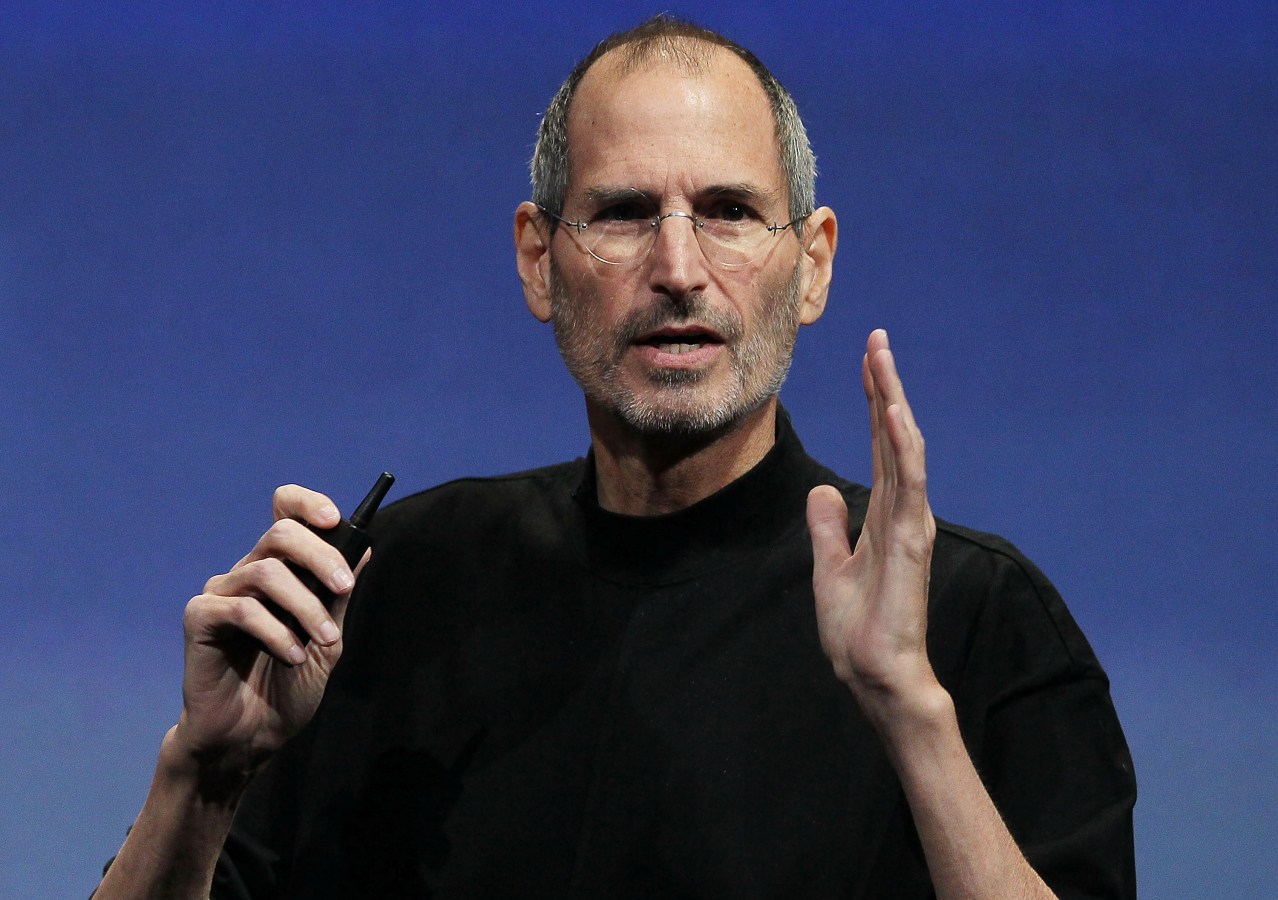Brisbane-based cancer-care provider, Icon, has bought UK chemotherapy compounding company Pharmaxo, further expanding its presence in the global growth industry.
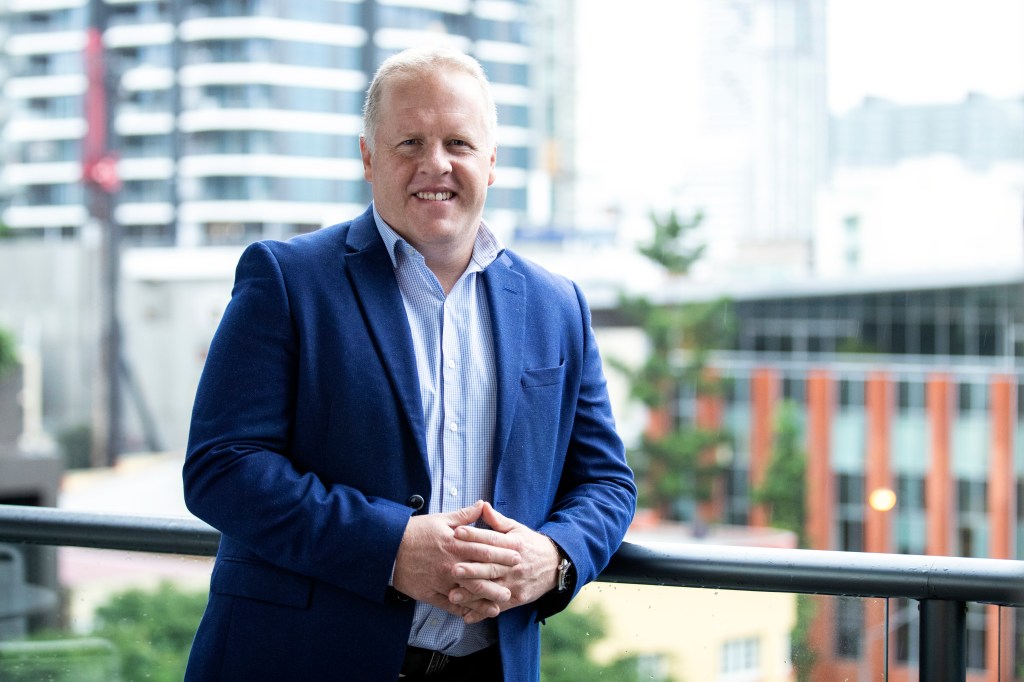
The purchase marks another milestone for Icon which was founded in Toowoomba, 120km west of Brisbane, in 2007 by a group of doctors and radiotherapists hoping to make advanced cancer treatments available to regional Australians.
Icon was valued at $2.4 billion in March 2022 when Swedish private equity firm EQT Partners bought a majority stake from Goldman Sachs. “It’d be fair to say we’ve grown significantly since then,” says co-founder and CEO Mark Middleton, who declined to put a price tag on the latest UK expansion.
Icon first added chemotherapy compounding to its radiation services when it teamed up with the Melbourne-based Slade Pharmacy in 2015, making it unique globally, Middleton says. And that combination now presents an opportunity to help the embattled UK National Health Service.
He claims that no other company in the world offers the range of treatments that Icon does. “That’s what makes us a preferred partner for so many hospital groups and governments. We’re already working closely with the NHS in the UK. There’s a tremendous opportunity – how can we help in the UK and be part of the solution when they’ve been really struggling with access to cancer care,” Middleton says.
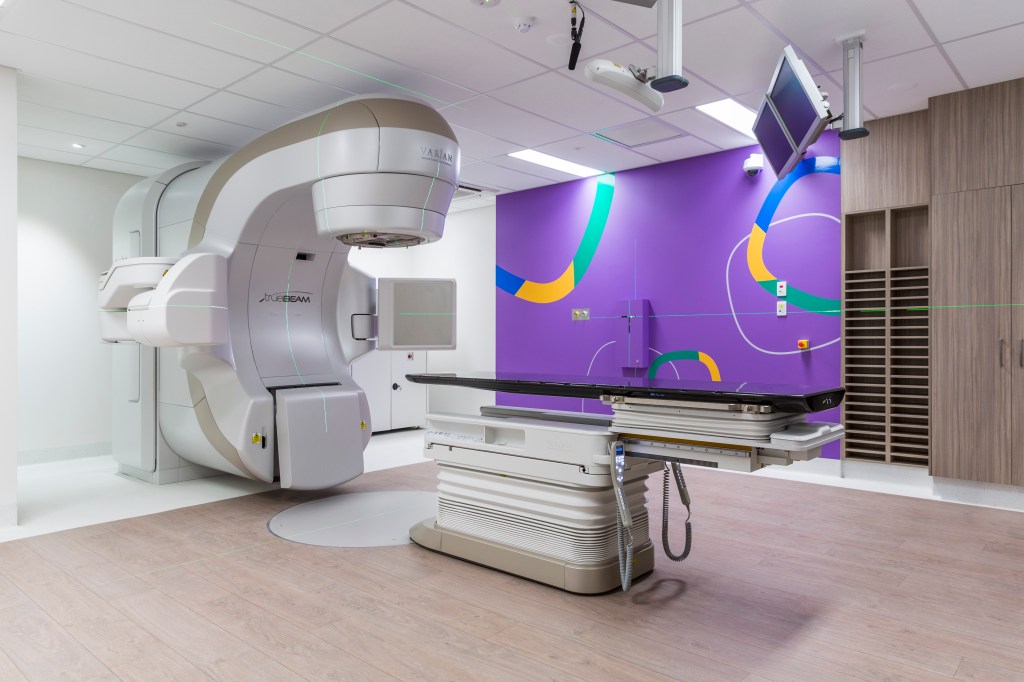
Pharmaxo employs more than 400 people in the UK. They produce 600,000 chemotherapy doses a year, adding to the 1.2 million doses Icon produces across its five compounding facilities in Australia and New Zealand.
Middleton says that when the company began, regional people had to travel for hours to get cancer treatment, be it radiation or chemotherapy. “There was an opportunity for someone like us to fill the gaps in integrated cancer care and offer all those services.”
They’ve now grown to 56 cancer centres in Australia, New Zealand, mainland China, Hong Kong, Singapore, Malaysia and now the UK. Icon says it has grown to “3.5 million patient interactions” per year. Goldman Sachs still owns a minority share and Middleton – a trained radiotherapist – and his medical colleagues own 15%.
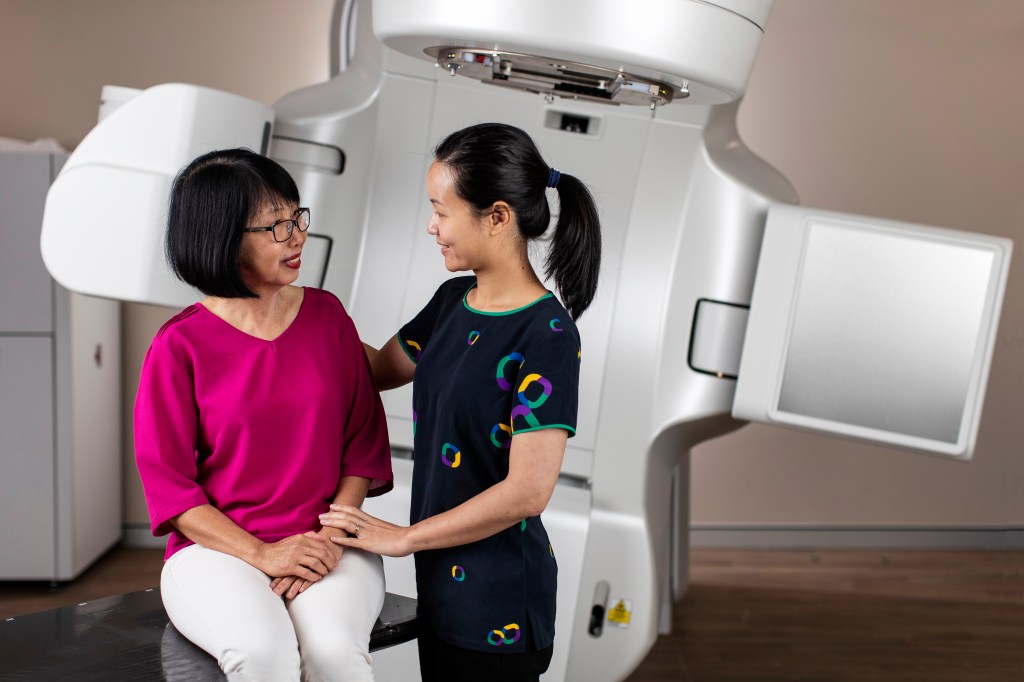
Pharmaxo, under its subsidiary Bath ASU, has chemo compounding facility in Corsham, near Bristol. “They also have a homecare business whereby nurses travel to patients’ homes across the UK and deliver pharmaceutical services and homecare. We’re looking to grow that as part of our offering.”
“This will increase the value of Icon significantly in that we’ve now introduced our integrated model into the northern hemisphere. We’ve continued to demonstrate the value of the integrated model to partners and the value it can bring to patients.”
Icon also has a partnership with Nuffield Health which operates 37 UK hospitals. “We have identified 12 that would be suited to Icon delivering radiation oncology. The first one is underway where we’re managing their radiation oncology at their Cancer Centre in Wimbledon in London. We’ve been managing that since January.” Another three will open soon, Middleton says.
“My focus hasn’t changed since the day we opened in Toowoomba. We’re trying to deliver the best care we can close to where people live.”
Mark Middleton, Icon Group CEO
“There’s a lack of access to cancer care in the UK depending on where you live, which is not unlike Australia a decade ago and we think we can provide services close to where people live and we’ll certainly be accelerating our growth.”
The UK will be a launchpad to Europe, says Middleton. “I think Europe is well suited to an integrated cancer care provider like us. There isn’t anyone else with Icon’s capabilities. We think Europe provides a long pipeline of growth for us in the future. It’s an incredibly exciting time for an organisation based in Brisbane.”
Icon is also positioning itself to deliver the new breed of “theranostics” whereby doses of radiation are delivered direct to cancer cells by molecules that target specific cancers. It has partnered with several of the leaders in that field, including Telix.
The opportunity in cancer is enormous. The World Health Organisation predicts that by 2050 cancer rates will rise 77% above the current 20 million cases a year worldwide.
“The big positive is that treatment is so effective people might have multiple cancer treatments across their life, but still live a life of quality,” says Middleton. “We’re seeing it more and more become a chronic disease that we’re managing for long periods of time. But that becomes a huge burden on public and private health sectors.”
Rather than look at it as exploiting a terrible problem, he focuses on the positives. “Without groups like us, how can we address this enormous growth in cancer incidence? The answer is that you can’t. My focus hasn’t changed since the day we opened in Toowoomba. We’re trying to deliver the best care we can close to where people live. That continues.”
Are you – or is someone you know -creating the next Afterpay or Canva? Nominations are open for Forbes Australia’s first 30 under 30 list. Entries close midnight, July 31, 2024.
Look back on the week that was with hand-picked articles from Australia and around the world. Sign up for the Forbes Australia newsletter here or become a member here.

